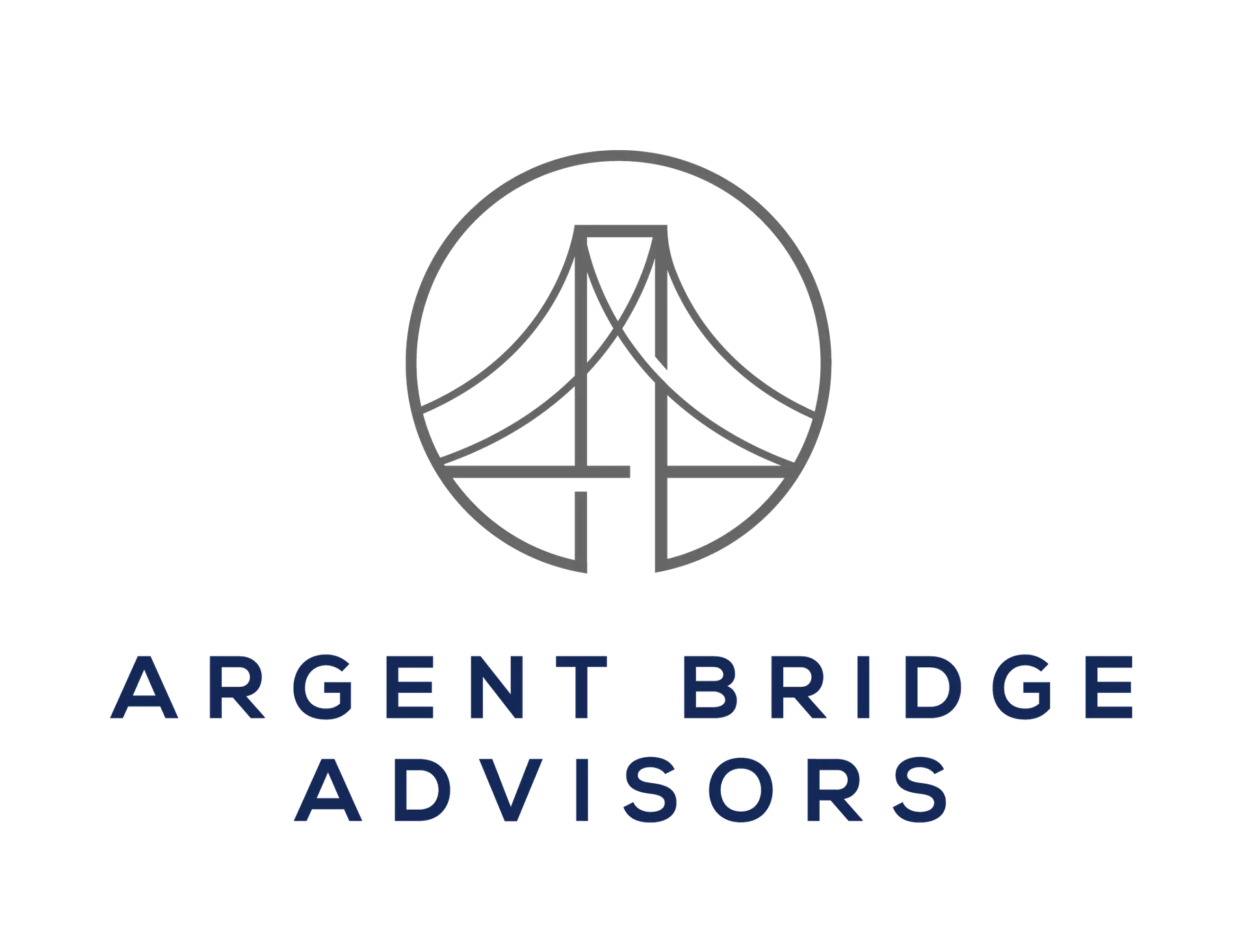Are you thinking of converting a 401K to a Roth IRA? Make sure you understand the rules and tax consequences before you make the change.
Converting
There are various rollover options for workplace retirement accounts. A common option is converting a 401K to a Roth IRA. It may not seem obvious since 401Ks are funded with pre-tax dollars and Roth IRAs are funded with after-tax dollars, but the IRS puts income limits on Roth participants. This makes a 401K rollover one of the few opportunities more affluent savers have to acquire a Roth IRA.
Roth IRAs
Roth IRAs have many of the same advantages of traditional IRAs. First, withdrawals from these plans during retirement are tax-free and do not have required minimum distributions. While Roth IRAs grow without incurring income tax each year, traditional IRAs are funded with pre-tax dollars and the contribution generates an immediate tax deduction. However, Roth IRA contributions are in post-tax dollars and therefore are not tax-deductible at the time of contribution.
When an investor taps into the Roth IRA, the contribution, as well as the profits, are exempt from federal taxes and most state taxes. Traditional IRA holders pay income taxes on their withdrawals. For this reason, investors who anticipate being in a higher tax bracket during retirement prefer Roth IRAs. The tax savings would benefit them.
[Related: Impacts of SECURE Act]
Income Requirements
Another key distinction between the two accounts is that anyone can contribute to a traditional IRA, but the IRS imposes an income cap on Roth IRA eligibility. Basically, the IRS doesn’t want high-earners benefiting from the tax-advantage accounts. However, anyone with income can fund a Roth IRA via a rollover. This is one reason many people choose to convert their 401K into a Roth IRA.
Moreover, investors can divide the investment dollars across both traditional and Roth IRA accounts, if their income is below the limit. The maximum allowable amount remains the same, meaning it cannot exceed a total of $6,000 split among the accounts, with an additional $1000 if you are 50 or older.
Traditional 401K to Roth IRA
While it is perfectly legal, there are complex tax rules that apply to these conversions and the timing is also a tricky aspect. You should also get detailed fiscal and financial advice from experienced professionals before making the change.
Converting a traditional 401K into a Roth IRA is a two-step process. First, you roll over the funds to a traditional IRA, and then you convert that IRA into a Roth IRA. Unfortunately, you will pay taxes on the money when you convert to a Roth IRA. This will depend on how much is in the account. This is because you received a tax deduction for the contributions to your 401K, and you didn’t pay taxes to move it to a traditional IRA (which is also pre-tax money). Since the Roth is an after-tax option, contributions made on a pre-tax basis must be included as taxable income for the year of the rollover.
If you contributed more than the deductible amount to your 401K, you might be able to avoid immediate taxes by allocating the after-tax funds in your retirement plan to a Roth IRA and the pre-tax funds to a traditional IRA. Understanding the tax implications can be complicated and overwhelming. That is why we suggest seeking experienced and knowledgeable advice before making this kind of change.
Roth 401K to Roth IRA
This process is more straightforward and is the optimal option. It is simplified by the fact that the transferred funds have the same tax basis. They are composed of after-tax dollars. Therefore, a Roth 401K can be rolled directly into a Roth IRA without intermediate steps or tax implications. We recommended speaking with an experienced advisor about how to handle your employer’s matching contributions. These will be in a companion regular 401K account and taxes may be due on them.
Bottom Line
If you do not plan on taking distributions from the account for several years, you are a great candidate for a rollover. If you do withdraw any money in the first five years after conversion, you will have to pay a 10% penalty. Anyone aged 59.5 is exempt from this penalty. If you rollover funds into a Roth IRA that was opened five or more years ago, withdraws can be made without penalty.
Schedule an Appointment to Discuss Converting a 401K
If you are considering a conversion, it is important to speak to an experienced professional. You should fully understand your options and the tax implications involved before you make a change. If you would like to learn more about your conversion options, please contact us online or call (833) 568-4900 today!




